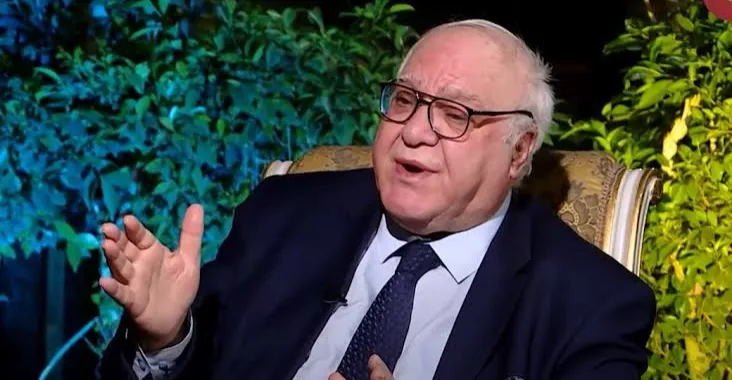“Wars have hampered it”: A proposal to establish a sovereign wealth fund for Iraq and invest it in development projects.
 On Tuesday, the Prime Minister’s advisor, Mazhar Muhammad Salih, proposed the establishment of a domestic sovereign wealth fund to invest its money in development projects, explaining that past wars had prevented Iraq from establishing a sovereign wealth fund.
On Tuesday, the Prime Minister’s advisor, Mazhar Muhammad Salih, proposed the establishment of a domestic sovereign wealth fund to invest its money in development projects, explaining that past wars had prevented Iraq from establishing a sovereign wealth fund.
Saleh told Shafaq News Agency, “My idea is to create and establish an Iraqi sovereign wealth fund, but within the national economy,” noting that “the fund will be responsible for reinvesting the fund’s own returns.”
He added that “the establishment of the fund internally will mean that part of the money will go to the fund itself and the other part will go to the benefit of the national economy within the development program,” noting that “the management of the fund will be through a joint public holding company affiliated with the internal sovereign wealth fund itself, and investment will be made in the joints of the national economy in agriculture, industry, services and available economic opportunities.”
Saleh explained that “Iraq depleted its balance of payments surpluses and consumed them in wars and conflicts during the period from 1980 to 2003, and our country fell into deficit and the trap of external debt,” noting that “until now our country is not considered one of the countries with a financial surplus, and that the reserves of the Central Bank of Iraq, which support the stability of the Iraqi dinar and amount to more than 100 billion, are invested in a very specific investment portfolio, which is almost a sovereign wealth fund.”
He emphasized that “these financial reserves are always semi-liquid and do not enter into long-term investments such as stocks in factories or real estate as other sovereign wealth funds do. Rather, the reserves invest in short-term financial instruments with low interest such as US Treasury bonds and others with a high credit rating of Aaa. They tend to be semi-liquid at all times and low-risk through safe investment but with a usually low or fixed return. However, the foreign reserves of central banks are not considered among sovereign wealth funds (such as the Norwegian, Saudi, Chinese and others currently).”
Saleh pointed out that “sovereign wealth funds were started by countries with surplus raw material exports in general and oil in particular, based on diversifying the investment of those financial surpluses in major economies outside their countries through these funds, whose function is to manage the investment of surpluses in financial assets outside their countries.”
He explained that “the reason behind their investment outside their countries is the weak absorptive capacity, that is, the weak ability to convert those surplus savings from the proceeds of exporting natural resources into investments within the country itself due to internal structural factors,” noting that “those surpluses are investment assets that can be reinvested and generate added value chains that multiply the national income of their countries many times over.”
A sovereign wealth fund, or sovereign wealth funds, is a state-owned fund consisting of assets such as land, stocks, bonds, or other investment instruments. These funds can be described as entities that manage a country’s surpluses for investment and hold billions of dollars that countries invest in stocks and bonds.
Shafaq.com
